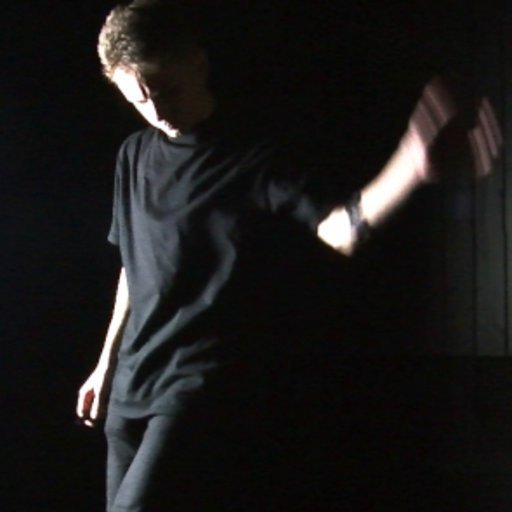Machined Music
Algorithms have been used in music and sound art extensively within the three past decades
From the use of evolutionary models, L-systems, generative neural networks and machine learning techniques, the automatization of musical processes using a computer has been variously exploited for aesthetic ends. Machined Music is a panel discussion as a deep-dive into these techniques that brings together experts in both the artistic and scientific domains.
We are pleased to announce that together with the Hybrid-Plattform, we will present Machined Music at Berlin Science Week 2022. A 45-minute podium discussion will be led by Dr. Claudia Schnugg with guests Tom Burgert (PhD student at BIFOLD), Moisés Horta Valenzuela (electronic musician and sound artist) and Federico Visi (UdK researcher) which will be followed by a 45-min performance by Horta Valenzuela utilizing some of the techniques discussed.
EPOCH.000 by Moisés Horta Valenzuela, 2021. Screenshot from meta-DJ set synthesized by OÍR, a generative neural network which was trained on a selection of videos of DJ sets from the HÖR Berlin archive (http://www.hoerberlin.com).
Machined Music
Date: November 4., 20:00-21:30
Venue: Collaborative Field, Naturkundemuseum (Invalidenstraße 43, Berlin 10115)
Moderator: Dr. Claudia Schnugg
Partner: Hybrid-Plattform
Guests: Tom Burgert (TU Berlin), Dr. Frederico Visi (UdK), Moisés Horta Valenzuela
Moisés Horta Valenzuela’s artistic practice exists at the intersection of sound art, electronic music, generative art and the history and politics of emerging technologies approaches from a critical decolonial perspective. His practice attempts to disrupt dichotomies with new radical juxtapositions, such as utopia with dystopia and folk traditions with modernity, in order to elucidate the paradoxes and the inner workings of epistemic systems.
Dr. Claudia Schnugg is a researcher and curator with a background in social sciences, business administration, cultural sciences, and the arts. She is an internationally respected curator in the field of interdisciplinary collaboration, and holds a PhD in social and economic sciences from the University of Linz. Claudia has developed numerous innovative art + science residency programs at institutions such as CERN, European Southern Observatories, and the Ars Electronica Futurelab.
Tom Burgert has been working with deep neural networks for the last five years. Following first encounters with self-learning algorithms at the university, he gained practical and theoretical experience with deep learning as a developer in a start-up and as a student research assistant. This years, he joined the remote sensing lab at TU Berlin as a PhD researcher. While mainly concerned with understanding deep neural networks better, his interests evolve around learning theory and explainable AI.
Dr. Federico Visi is a researcher, composer and performer based in Berlin, Germany. He carried out his doctoral research on instrumental music and body movement at the Interdisciplinary Centre for Computer Music Research (ICCMR), University of Plymouth, UK. His research interests include gesture in music, motion-sensing technologies, interactive machine learning, and embodied interaction. He currently teaches and carries out research at Universität der Künste Berlin.





